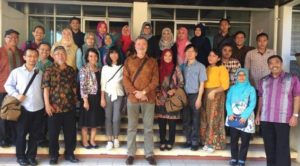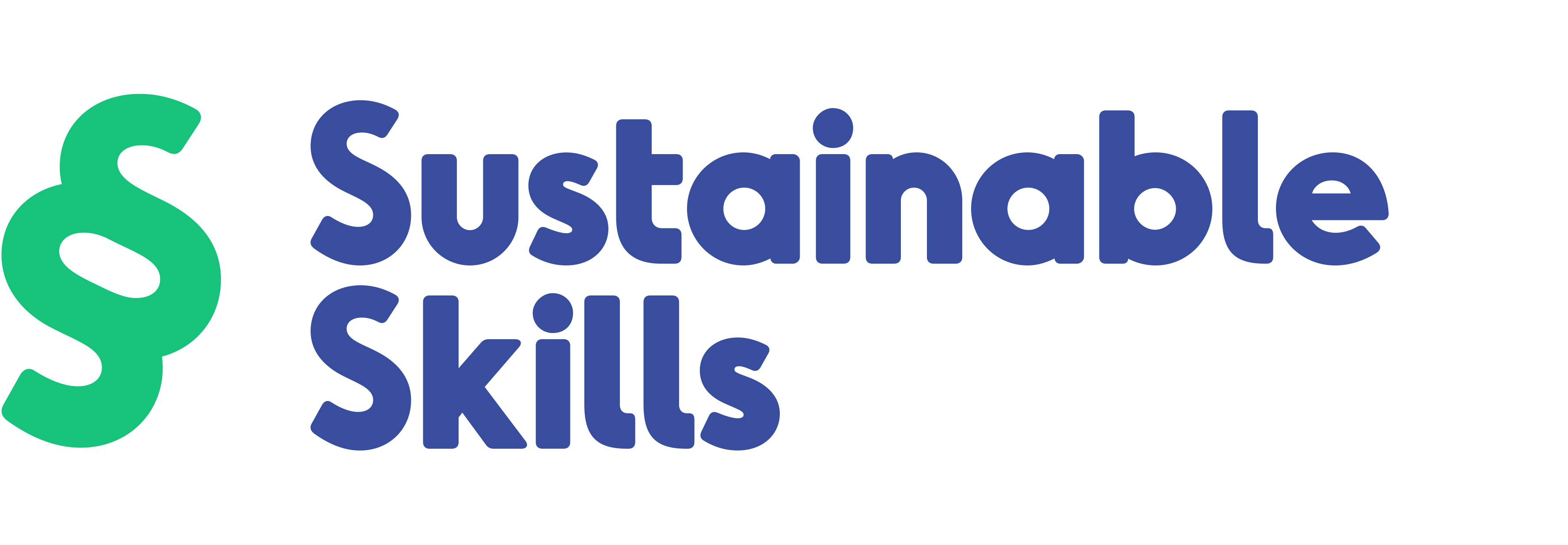
APEC Conference, Indonesia
This month started with a visit to the Africa Down Under Conference 2017, hosted in Perth from 6 to 8 September. The event, now in its 15th year, has grown into the largest African mining-focused exhibition outside of the continent itself, thus becoming a must attend for government delegations, industry, and all stakeholders involved in the Mining sector. Following a difficult four-year period, the expectations about where the resources industry in Africa is heading are now positive, and the event suggested a growing sense of confidence in the sector and about Africa-Australia relations. In this scenario, TVET systems can play a significant role to ensure that the growing demand of national industries for skilled workers is matched locally.
Sustainable Skills has worked in a few African countries and Africa Down Under was a great means to renew friendships and further relationships. We met with several African delegations who want to improve their TVET systems based on a modular Industry-led approach. We are exploring how we can assist.
Over the course of the month, I attended and presented the merits of Australia’s industry led TVET system at an APEC workshop on Vocational Education Linkage with Labour Market organised by the Indonesian Ministry of Research, Technology and Higher Education. The workshop was held in Makassar City, South Sulawesi, Indonesia on 23rd and 24th of August. The conclusion of the workshop recognised that Indonesia needs to provide a pathway to Industry-led TVET reform as per Australia’s system. Sustainable Skills is developing collaborative relationships with Indonesian Ministries including the Ministry of Manpower, Ministry of Research, Technology and Higher Education and Ministry of Industry. We are developing plans for Indonesians to develop the skills their industries need. President Jokowi is implementing a massive growth program focused on infrastructure resulting in the need for world standard local skills.
We keep strengthening our relationship with Indonesian partners, and we welcome to our team of TVET Experts Bruce Riseley M.Ed, Director of the ASCET branch in Jakarta since 2013. In this role Bruce is in charge for promoting the use of Australian Vocational Education Standards in Indonesia and the partnering of Australian Education Providers with Indonesian Educational Institutions.
The Uganda project has ramped up to its regular intensity, and our Team Leader Peter Merckx travelled to Kampala to meet with the Private Sector Foundation Uganda (PSFU) and with representatives of the World Bank. We are currently starting the Due Diligence stage of the project, aimed to verify, validate, and assess the quality, integrity, and completeness of the key information required to make a well-informed grant funding decision and avoid waste, fraud, and abuse. Scope of the project is to ensure that all material facts relevant to the funding decision have been revealed, and that all the organisations involved in the project are honest, reliable, and fully capable of executing their responsibilities under the grant agreements.
The transition from SkillsDMC to Sustainable Skills is continuing with some changes between our Board Directors, aimed to reflect the new scope of our business, and new Consultants joining our team of TVET Experts. The next stage of this transition is scheduled for the first week of October, and will see our team relocating to a new office in Chatswood. Follow our next newsletter to get more details about our new premises.

